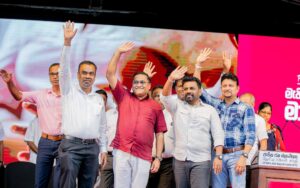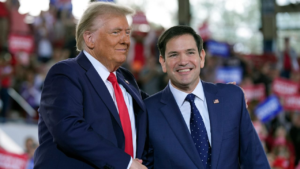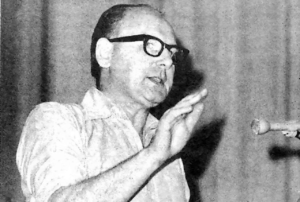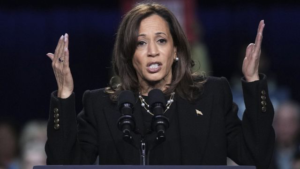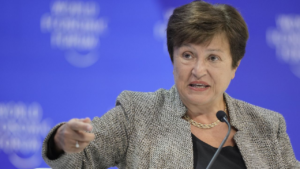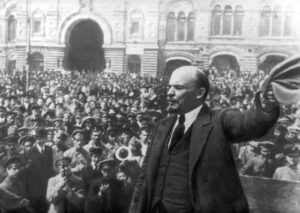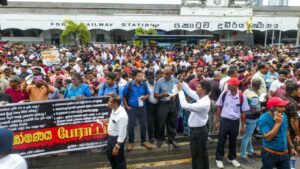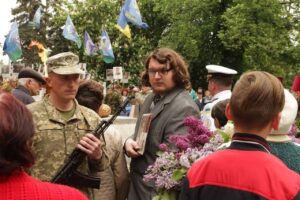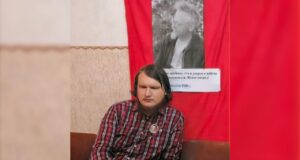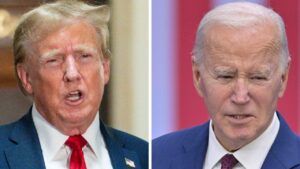Colombo Action Committee
Yesterday (15) public sector workers and professionals including doctors across the island went on strike and protested against the government’s new tax levy, interest rate hike and electricity tariff hike and other attacks. Thousands of public office workers, including teachers, participated in demonstrations and picket campaigns even in distant towns like Badulla, Mahiyangana, and Monaragala. The Sri Lanka Insurance Corporation employees applied for half a day leave and held a picket in the center of the city.
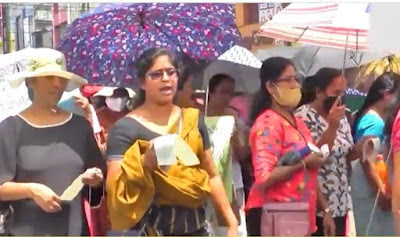
Electricity and postal workers did not work. Schools were closed and in many places the scheduled term tests had to be postponed. Most of the state-owned banks were inactive. Due to the train drivers’ strike, only 11 or so of the scheduled 400 trains could run, 20 according to the Presidential Media Division. But the department could only muster the services of only the three DIM officers and a few retired drivers on contract basis. The Port Authority’s president, who went to Colombo port to instruct the port workers to call off the strike, was hooted at and chased away by the workers.
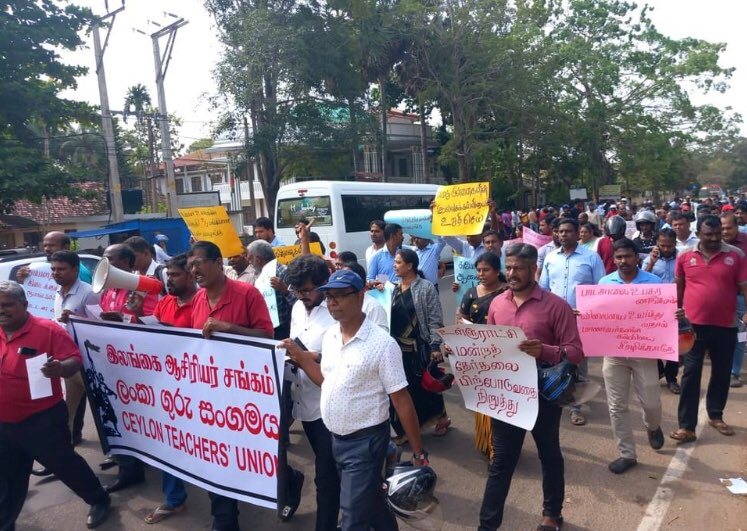
Non-academic workers also joined the university teachers’ strike that was launched a few days ago, and the universities became inactive. Employees of Peradeniya University were engaged in picketing at Galaha Junction, shouting slogans and inviting people to join them in winning democratic rights. “This time, no one can stop our fight, we will pledge to protect what we have won, our rights,” they expressed their determination.
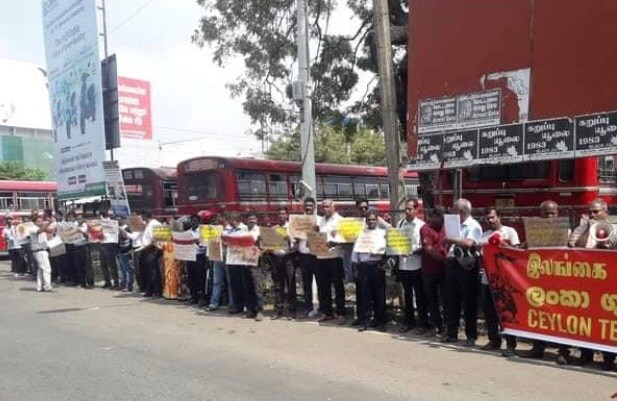
The government spokesperson, Transport, Highways, Public Administration and Media Minister Bandula Gunawardena announced the day before, that if the employees engaged in the government services named as “essential services” such as transport, traffic, harbour, port, postal services and electricity, violate the law of the country by engaging in industrial action, the law will be strictly implemented against them. The workers entered the fight not without the knowledge that they were fighting a government that would use tear gas and baton charges and would shoot and kill them.
The government, thus, brought political issues into the struggle from the outset. What the workers wanted was a political general strike. But what was called by the trade unions was a simple strike. It was not a conscious struggle where the unions gave space to the workers to express their views.
Not only did the trade unions had no intention to march toward victory in the face of inevitable state repression, the trade unions’ goal was to somehow end the struggle. A prominent leader of trade unions controlled by People’s Liberation Front (JVP), K. D. Lal Kantha clearly said in a meeting held in Colombo on the 13th with the participation of trade unions and other organizations under the title ” Oppressive Tax Revision and the country’s tomorrow”: “We fully support the strike on the 15th. We are not ready at this moment for the talk about a continuous strike.”
Ranjan Jayalal, another trade union leader in the JVP leadership, also said, about the restructuring of the Electricity Board, that “Even though the Minister (for Electricity)… did not talk about the restructuring so far (with us), he said that he will talk to us even daily, monthly, week to week from now on. We agree with that. The minister said that he will not sell. Therefore, there is no need to go to a conflict.”
Other unions too have reasons not to go into conflict. The Government Medical Officers’ Association (GMOA), which started a strike on Monday 13th, saying that it will go on a continuous strike until the demands are met, yesterday gave up the strike saying it is temporary and forwarded ‘reasons’ for the same. They have issued a press release based on a written promise they claimed has been made by the government. Accordingly, 1) the government’s desire to continue discussing alternative proposals was announced. 2) From March 20, 2023, the implementation of the International Monetary Fund’s proposals will begin and the government has indicated its agreement to implement amendments to the tax. 3) The willingness of the government to provide an opportunity for trade unions to negotiate directly with the International Monetary Fund for tax amendments has been indicated. 4) presentations have been made about the possibility of giving a special allowance to the government employees in the last quarter of 2023 taking into account the state fiscal trends.
In the end, the medical union says, “The GMOA’s executive council, which considered the indications given to us through the letter, decided to temporarily stop, at 8 tomorrow morning, the continuous trade union action that had been planned”
It is already clear that the trade unions have no capacity whatsoever to lead a struggle against the attacks of the Wickremesinghe government. If they have any concern, that is to give way to the current government’s policy of placing the entire burden of the crisis on the working people, without harming the trade union bureaucracy and the privileged such.
Trade unions are organically unable to drive a general strike in the strict political sense. Yesterday’s rail strike is a notable example. The drivers went on strike. Unions of station masters, guards, clerks, and other railway workers did not support it. There are many types of unions. They represent the interests of different capitalist parties or groups. It is a historical fact that in the end they are unanimous only in the case of the betrayal of the struggles of the working class.
This time too, leaving alone winning the demands, the unions signaled to the government in advance, by calling a one-day strike, that it should not be afraid of. Shouting of a ‘continuous strike if the demands are not met’ is part of the game of throwing sand in the eyes of the workers, with the mutual understanding of the ruling class.
That is why the Colombo Action Committee (CACPS) stands for the organization of the real people’s movement to defeat the capitalist attacks by building worker-peasant action committees in every workplace, neighborhood area. The right to take decisions should be in the hands of those committees. A joint struggle for a program that represents the interests of the oppressed people of the entire island should be taken forward by a conference of their representatives.
16 March 2023
*This statement was originally published in Sinhalese on 16 March 2023
@NN #CACPS #theSocialistLK

